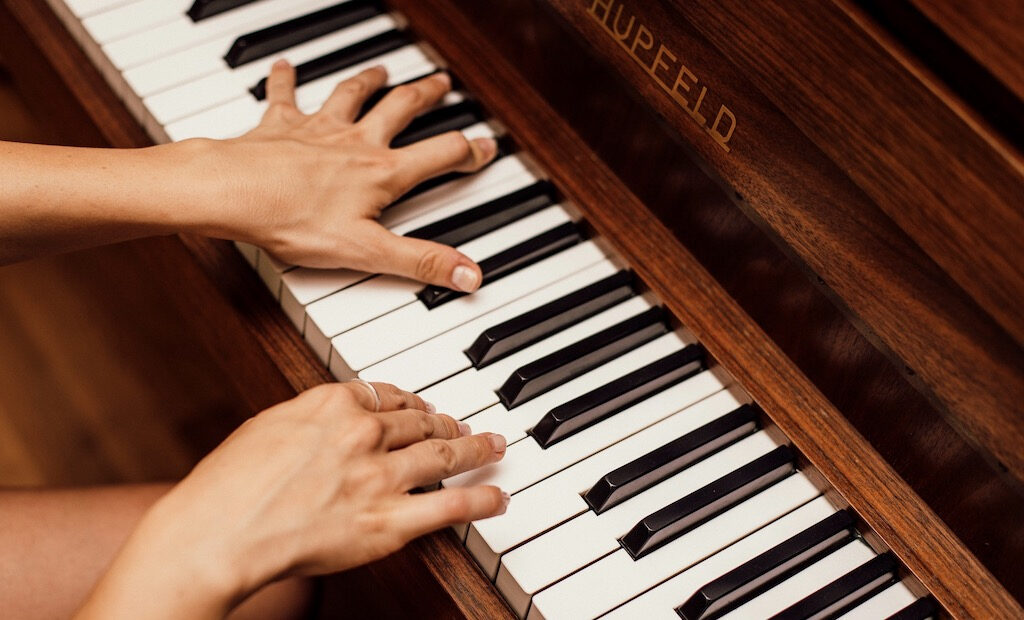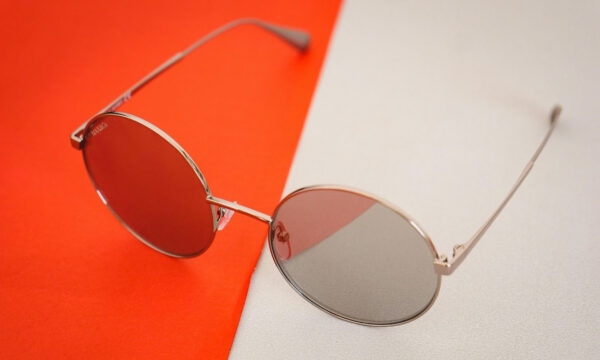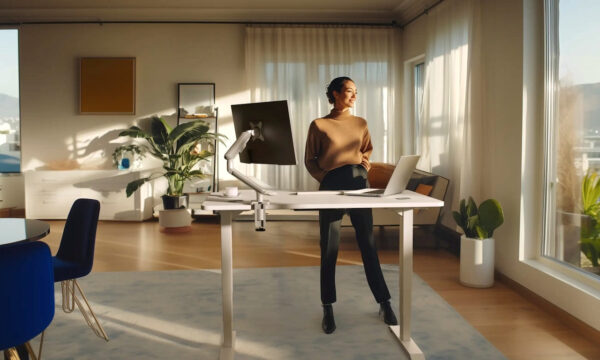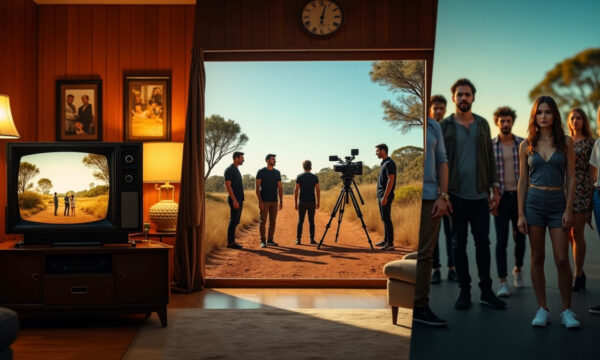Ten steps to becoming a better pianist

A lot of people mistakenly believe that being an amazing pianist is a matter of talent. While this might be true for a few lucky people, the reality is very different for most of us. Being able to play the piano well requires a lot of work and patience. The good news is that anyone do it, if they try hard enough!
There are certain things you can do to become a better pianist quickly and more easily. Here are our ten best tips:
1. Get a piano teacher
Not everyone can afford a piano teacher and we’re not saying it’s impossible to be great without one, but they can be incredibly helpful. They will point out your mistakes, give you useful tips and add structure to your learning process.
2. Set clear goals
As with anything in life, setting clear goals is key to getting things done. If you just sit down to play for a bit, this may not lead you anywhere. However, if you become determined to learn how to play a specific song, you will learn a lot more in the process.
3. Practice makes perfect
Practise, practise and again practise. The only way you can get really good at something is by doing it often – no one wakes up knowing how to play piano perfectly. So, try to play regularly and for at least an hour at a time.
4. Always warm up
Warming up before playing a piano is just as important as stretching before a workout session. Always make sure to do warm-up exercises for your fingers, arms and back before long playing sessions. This will not only help with your flow but also prevent pain later on. It will also help you get into the zone!
5. Slow down
Learning difficult songs is a lot easier at a slower tempo. It’s better to learn how to do it slowly first and gradually speed up than to be frustrated at not being able to play a piece fast for a very long time.
6. Listen
Make sure that you spend some time listening to the songs you’re trying to play. This will help you better hear your own sounds when playing it later on.
7. Practise sight reading
While you will spend most of your time learning one song at a time, this won’t help your sight reading. Once in a while, try to play a new piece of music that you haven’t tried before. This will help you practise your sight reading, as you will be put on the spot. Don’t worry about the mistakes too much, just try to play it as well as you can from start to finish.
8. Challenge yourself
We all know that it’s a lot more fun to play something you know than something you struggle at. However, sticking to only the things you know won’t help you improve. Once you notice that something is becoming easy for you, challenge yourself by starting a more difficult piece of music.
9. Play in front of other people
This is always difficult at first, especially for shy people or those lacking confidence, but it’s extremely helpful. A great pianist should be able to play in front of other people. Start by playing for your friends or family.
10. Take breaks
While it’s great to practise your playing a lot, it’s also important to know when to give yourself a rest. Overdoing it can be a mistake, because you get tired, lose your focus and become frustrated. Take a 15-minute break during a long practice session and you will not tire yourself out.
The editorial unit
























Facebook
Twitter
Instagram
YouTube
RSS